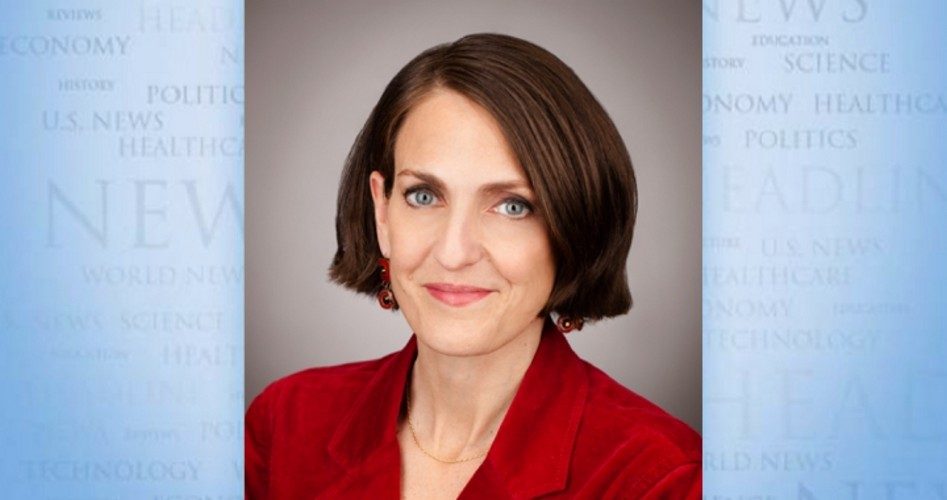
Governments in the United States are restricting freedoms to unprecedented degrees in an effort to slow the spread of COVID-19. As dangerous as this expansion of power is, in some ways, federal, state and local governments are also reducing their intrusions into our lives by cutting many regulations.
This deregulation falls into three categories: help people deal with the virus (including those who are confined to their homes with children who need to be home-schooled); help businesses stay open and cater to their consumers under these unusual circumstances; and free the private health care sector to better respond to the virus.
Here are just a few of the rules that were lifted to enhance our freedom and our safety:
In New York state, the government has suspended a regulation mandating that child care providers undergo criminal background checks. The state’s governor also eliminated almost two dozen other regulations, including those that artificially restrict the number of children allowed in day care facilities to ones that set minimum staffing requirements.
Many states have also lifted restrictions to home-based instructional policies. The Federal Communications Commission waived existing E-Rate rules to allow schools to issue Wi-Fi hotspots or devices to students who lack internet access at home. And the U.S. Department of Education has eased rules that made it unnecessarily difficult for colleges and universities to shift classes online.
To help avoid shortages in stores, the Department of Transportation announced a nationwide exemption to some rules forbidding most commercial truckers from driving more than 11 hours in a 14-hour span. The DOT also relaxed a rule requiring that drivers’ rest periods be a minimum of 10 hours; now each rest period can be split into two separate breaks. In Texas, trucks are now allowed to deliver both groceries and alcohol at the same time. Some states, like Alabama, are also allowing prescriptions to be filled for longer than 30 days. But the best deregulation of an unnecessary rule is that the Transportation Security Administration, at least during this crisis, now allows passengers to bring liquid hand sanitizer containers of up to 12 ounces in carry-on bags.
Many businesses that deal directly with the public may now cater to consumers in ways that were once forbidden. For instance, several states, including Texas and New Hampshire, now allow restaurants to deliver alcoholic beverages with carryout and delivery orders. New Jersey just allowed microbreweries and brewpubs to deliver beers. Other jurisdictions — in order to reduce the spread of the virus — have lifted their bans on plastic bags and single-use cups. And some states now allow spirit distillers to produce hand sanitizer. Meanwhile, North Dakota now recognizes expired occupational licenses.
On the health care front, many states now recognize physicians and other medical professionals who are licensed in other states. Colorado, California and other states extended a grace period for lapsed licenses for retired doctors and nurses who want to practice. And the Department of Health and Human Services is lifting the rules preventing doctors and medical professionals to practice across state lines.
Many states also lifted certificate of need regulations, rapidly increasing health care capacity. HHS and many states have eased restrictions on the practice of telemedicine, too, thus allowing patients to see their doctors from the comfort and safety of their homes.
The Food and Drug Administration — an agency that has rightfully been shamed for the role it played in our current lack of COVID-19 tests and face masks — is eliminating some of its counterproductive rules. For instance, the agency is streamlining the process to expedite COVID-19 tests. It’s allowing private companies to market the COVID-19 test without prior approval as well.
The Trump administration is also relaxing some of its tariffs on certain medical equipment and supplies. And the Federal Emergency Management Agency lifted the protectionist Buy American Act, now giving Puerto Rico and other territories discretion to acquire personal protective equipment from non-U.S. sources.
The large number of rules lifted by federal, state and local governments in response to this pandemic reveals the sad reality that many regulations serve little to no good public purpose. Hopefully, people will realize how counterproductive these rules were and will not allow them to be reinstated after the crisis is over. In the end, we’ll all be freer and safer.
Veronique de Rugy is a senior research fellow at the Mercatus Center at George Mason University. To find out more about Veronique de Rugy and read features by other Creators Syndicate writers and cartoonists, visit the Creators Syndicate webpage at www.creators.com.
COPYRIGHT 2020 CREATORS.COM



